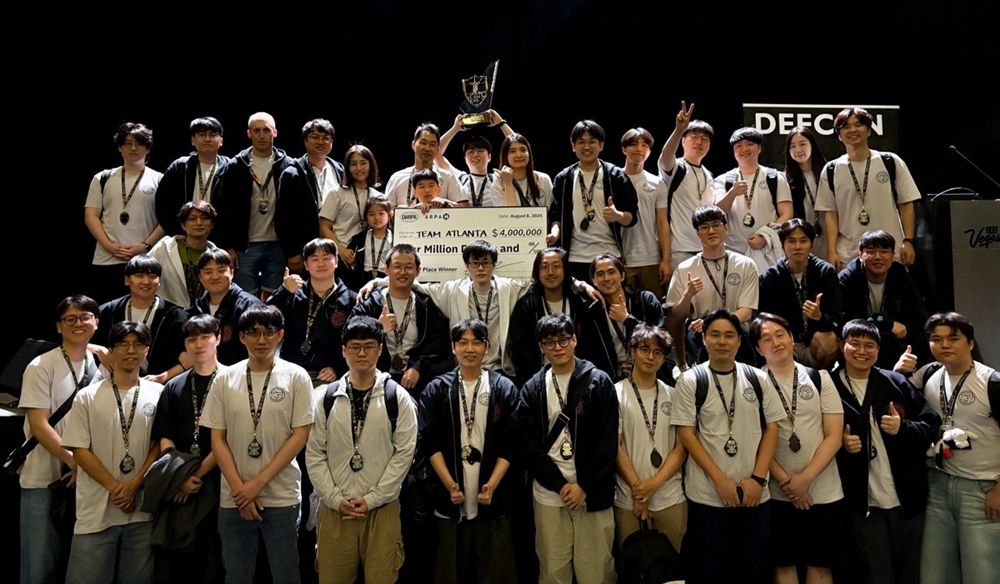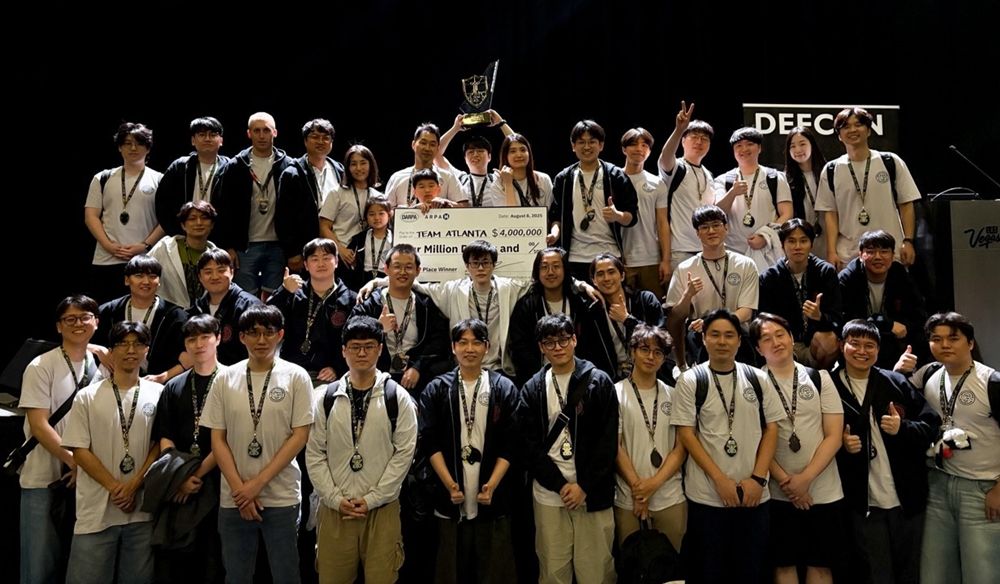Alibaba is developing a custom AI chip designed specifically for inference workloads, marking the Chinese tech giant's latest move to reduce dependency on US semiconductors amid escalating geopolitical tensions. The development comes as the company announces a massive $53.1 billion AI investment over three years, signaling China's aggressive push for technological self-reliance in the critical AI infrastructure race.
Alibaba just fired the latest shot in the escalating US-China chip war. The Chinese e-commerce and cloud giant is developing a custom AI chip specifically designed for inference workloads, according to industry sources familiar with the project. The move represents a strategic pivot away from US semiconductor dependencies that have increasingly constrained Chinese tech operations.
The timing couldn't be more critical. While Nvidia continues to dominate the AI chip landscape with its H100 and upcoming Blackwell series, Chinese companies face mounting restrictions on accessing cutting-edge US semiconductor technology. Alibaba's inference-focused chip directly targets the deployment phase of AI models – where companies run trained algorithms to serve users – rather than the computationally intensive training process.
"We're seeing a fundamental shift in how Chinese tech giants approach semiconductor strategy," notes a semiconductor industry analyst who requested anonymity due to the sensitive nature of US-China tech relations. "Alibaba's chip development represents pragmatic positioning – they're focusing on what they can control while still relying on US chips where absolutely necessary."
The company announced it will invest at least 380 billion Chinese yuan ($53.1 billion) in AI development over the next three years, a figure that dwarfs many competitors' entire market capitalizations. This massive commitment underscores how seriously Chinese tech leaders view the AI infrastructure race and their determination to achieve technological sovereignty.
Alibaba's approach differs strategically from pure-play competitors. The company will continue using semiconductors from vendors like Nvidia for training workloads while deploying its custom chips for inference tasks. This hybrid strategy allows Alibaba to maintain competitive AI capabilities while gradually reducing dependency on restricted US technology.
The broader context reveals an industry in rapid transformation. Chinese technology firms have accelerated homegrown chip development over the past two years as geopolitical tensions intensified between Washington and Beijing. Companies like have developed their own AI chips, while startups like Biren Technology and Cambricon focus specifically on AI semiconductors for the domestic market.












